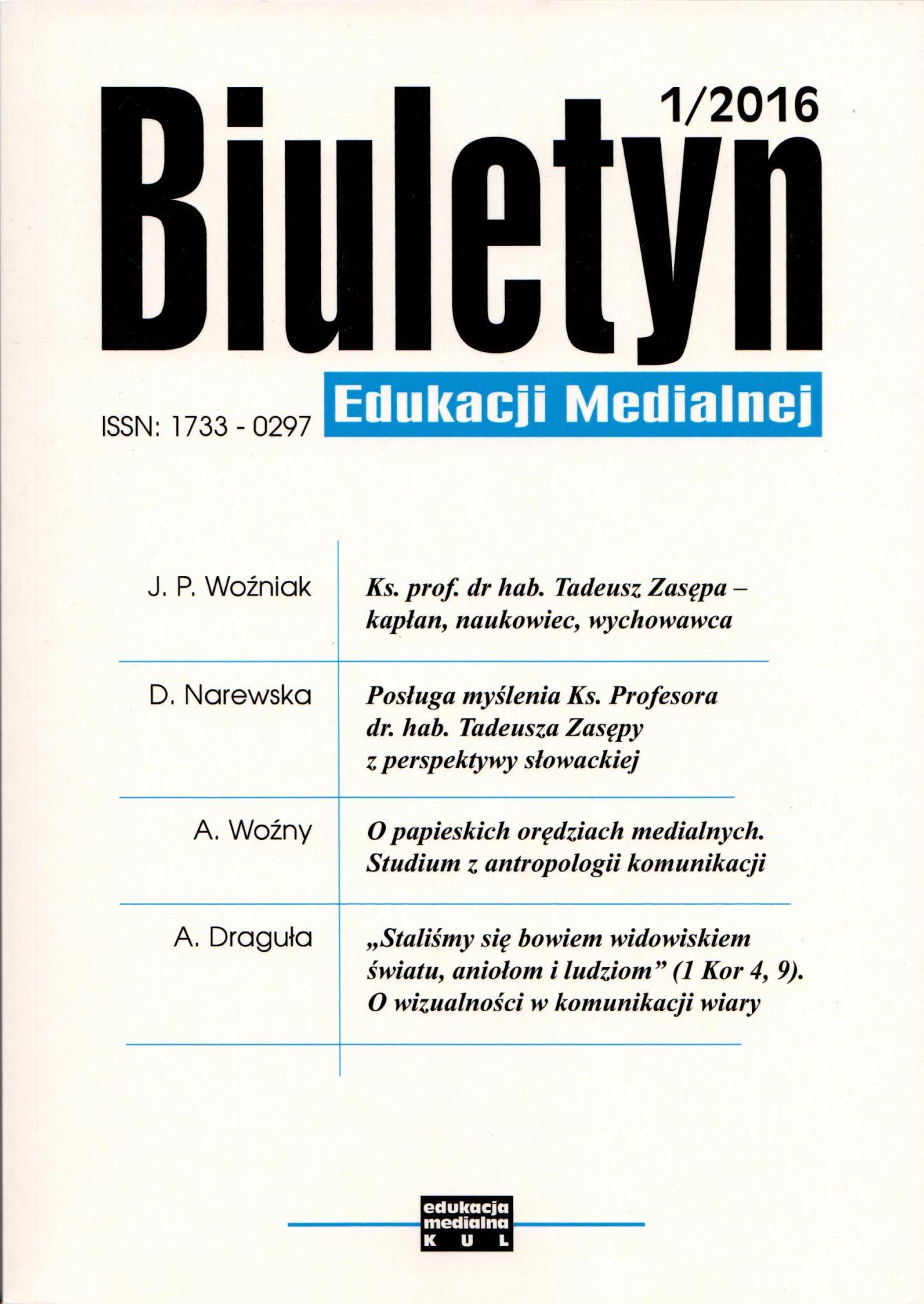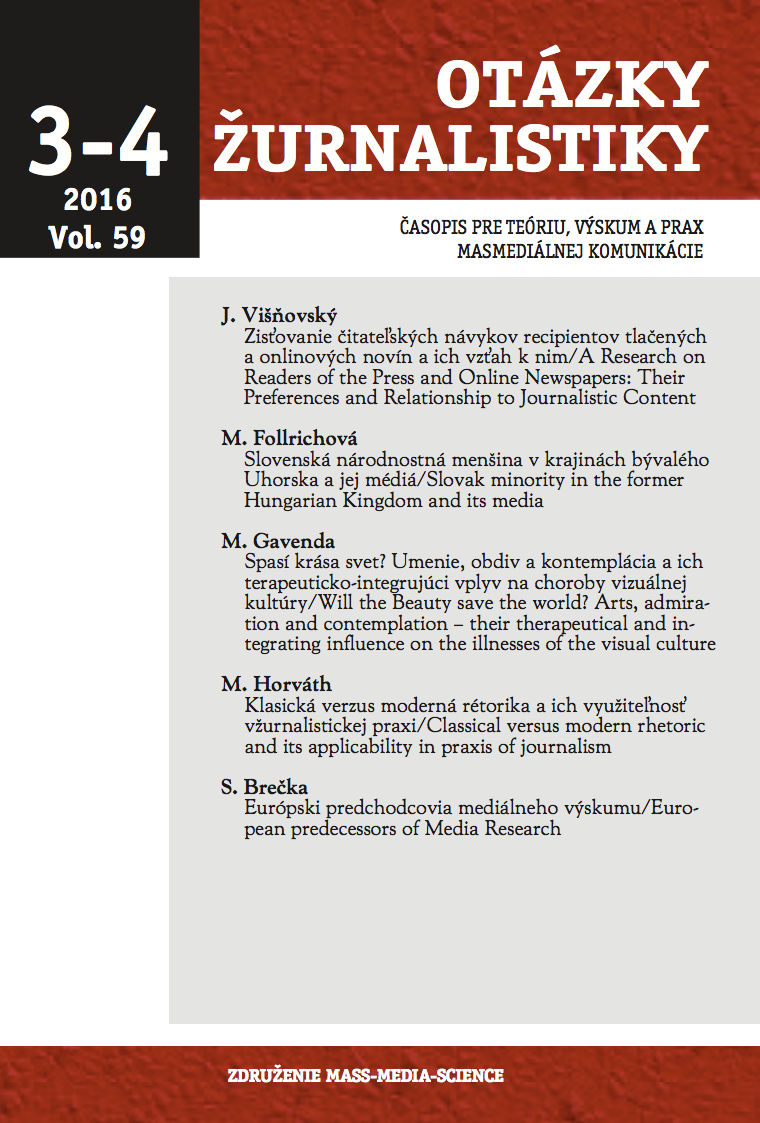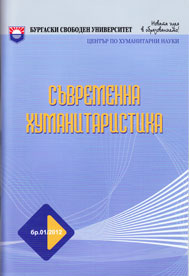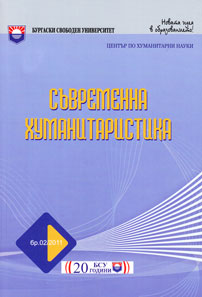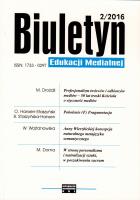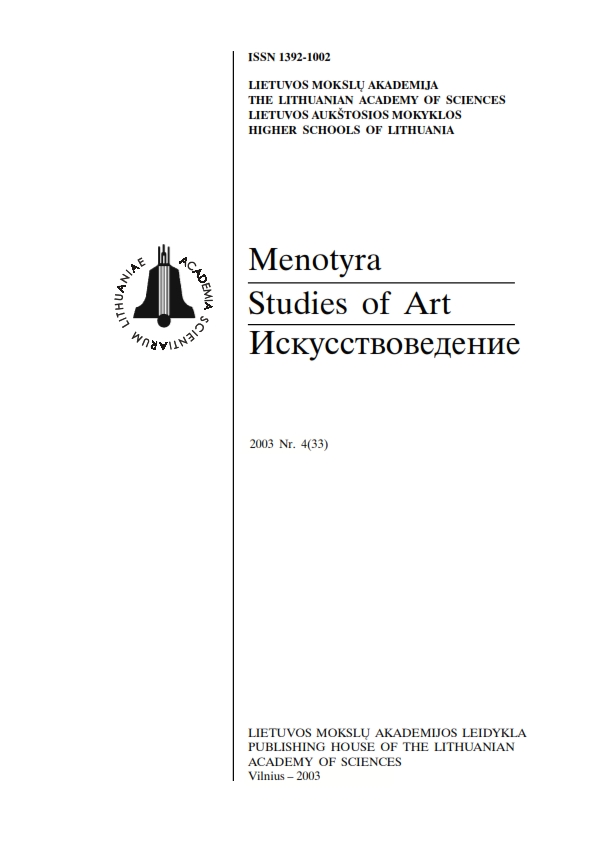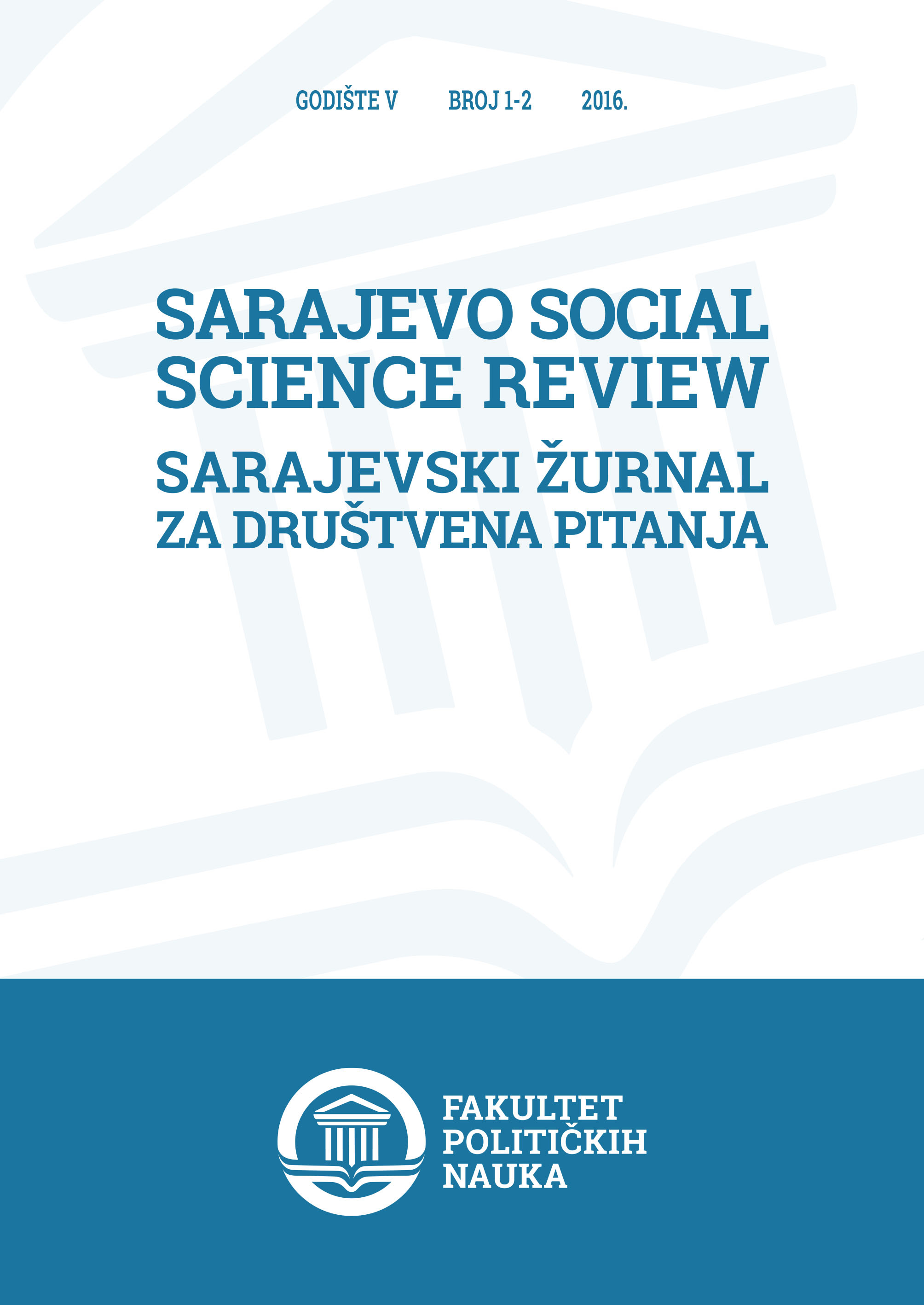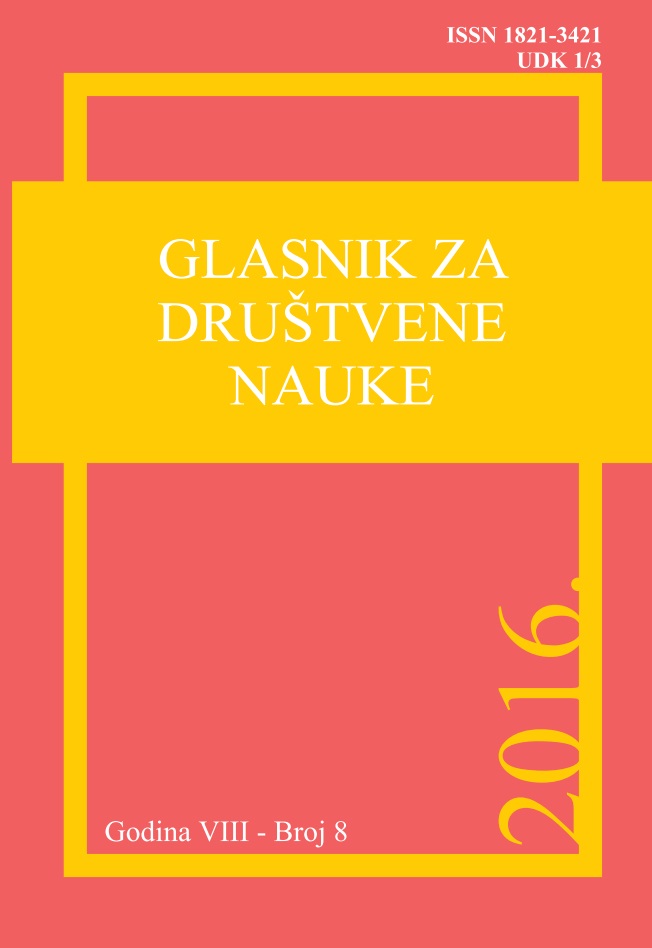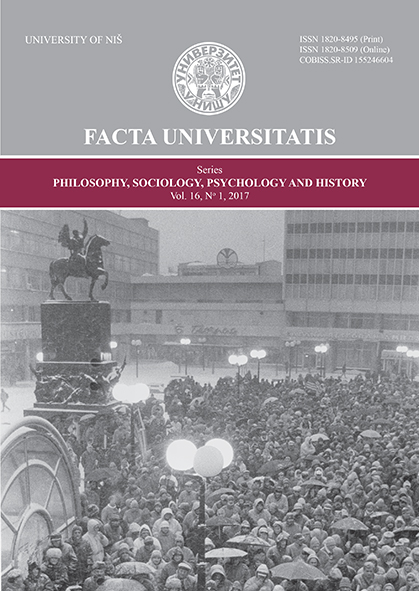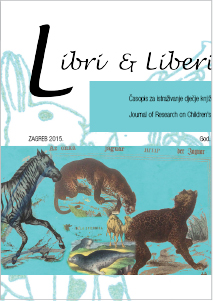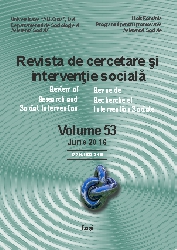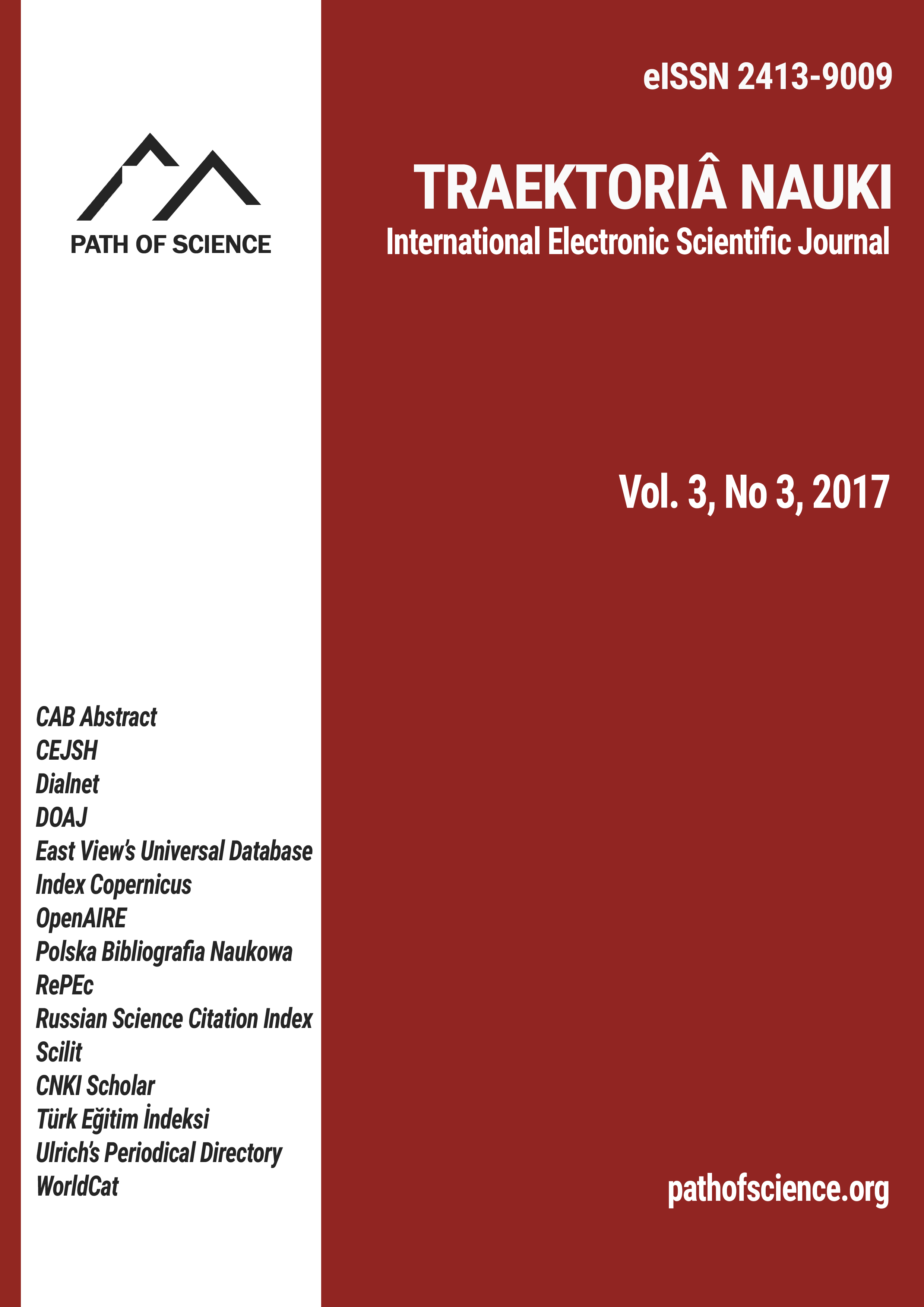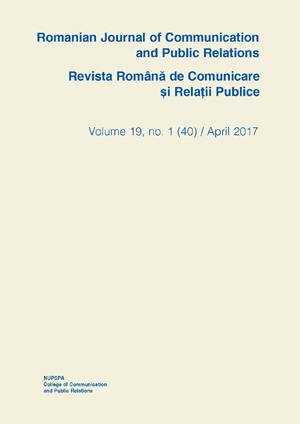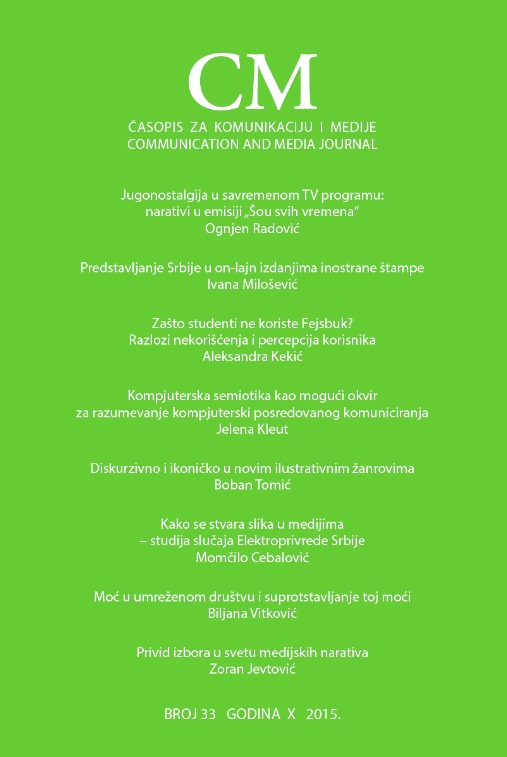ПОЛИТИЧКО БЕСЕДНИШТВО ЗОРАНА ЂИНЂИЋА – ПРИНЦИП УТОПИЈЕ И ЛОГИКА НАДЕ
The paper explores Zoran Đinđić’s political oratory by placing emphasis on the rhetorical and style analysis of certain speeches, as well as on the verbal and non-verbal aspects of communication. On the grounds of the theoretical model on the existence of dominant communication paradigms: authoritarian, democratic and liberal-democratic ones, his political speeches have been observed within the democratic paradigm of political communication. To a significant extent, our interest has been directed towards determining genre models and genre specificities of Đinđić’s political speeches and also towards recognizing the most important political ideas in the context of general geopolitical, historical, cultural and social changes. By applying comparative rhetorical and style analysis to certain Đinđić’s political speeches, we have singled out their common characteristics and described in more details the specificities of oratory procedures characteristic for this speaker.
More...
